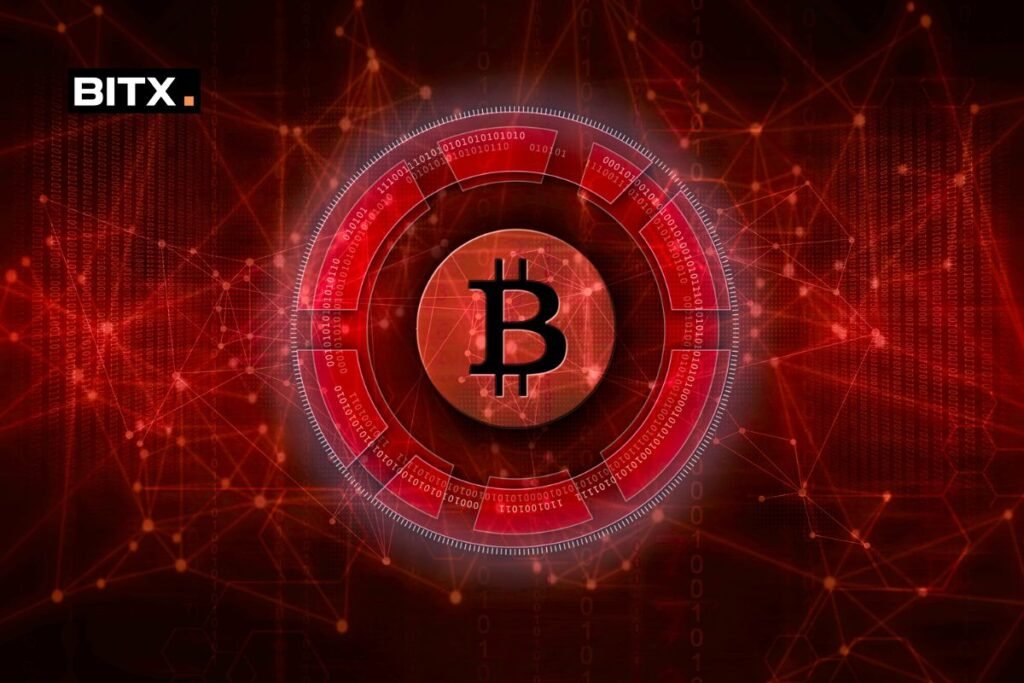Introduction
Welcome to your guide on Bitcoin Basics! This article is designed to help you understand the digital currency that has revolutionized the financial world. By the end of this article, you’ll be equipped with a fundamental understanding of Bitcoin, its uses, and its potential impact on the future of finance.
What is Bitcoin?
Bitcoin is a decentralized digital currency, without a central bank or single administrator. It was invented in 2008 by an unknown person or group of people using the name Satoshi Nakamoto. Bitcoin uses cryptography, a set of rules for secure digital exchanges, to control the creation of new units and to verify all transactions.
How does Bitcoin Work?
Transactions are made with digital wallets, which are like virtual bank accounts that allow users to send and receive bitcoins. Bitcoin is not physically held like traditional currency, but it is stored digitally in a "wallet." Each wallet contains a number of private keys, which are effectively passwords that allow the owner to access their bitcoins and spend them.
The Blockchain: The Backbone of Bitcoin
At the heart of Bitcoin is the blockchain, a public ledger that records all transactions. Every time a user sends bitcoins, the transaction is broadcast to the network and confirmed by a process called mining. Mining is a computationally intensive process that solves complex mathematical problems to validate transactions and add them to the blockchain.
Why Use Bitcoin?
There are several reasons why people use Bitcoin. For some, it offers a level of privacy and anonymity that traditional currencies don’t provide. For others, it’s the appeal of digital, borderless transactions that can be made quickly and easily without the need for a financial intermediary like a bank.
The Value of Bitcoin
The value of Bitcoin is determined by the market. As demand for bitcoins increases, so does its value. The supply of bitcoins is limited to 21 million, which means that as demand grows, the price should continue to rise.
Bitcoin Transactions: Fast and Secure
Bitcoin transactions are processed quickly and securely. Once a transaction is confirmed by the network, it becomes permanently recorded on the blockchain, which prevents double-spending, a problem that plagues traditional digital payment systems.
Conclusion
Bitcoin represents a significant shift in digital finance, offering a decentralized, secure, and fast alternative to traditional currencies. While it’s still in its early stages, Bitcoin holds immense potential and is likely to play a significant role in the future of finance.
Frequently Asked Questions
-
Is Bitcoin legal? Bitcoin is legal in many countries, but its legality can vary by jurisdiction. It’s essential to check your local laws before engaging in Bitcoin transactions.
-
How can I buy Bitcoin? You can buy Bitcoin from various exchange platforms, such as Coinbase, Binance, and Kraken.
-
What is Bitcoin mining? Bitcoin mining is the process of validating and confirming bitcoin transactions and adding them to the blockchain. Miners are rewarded with newly created Bitcoin for their efforts.
-
Is Bitcoin safe? Bitcoin is secure, but like any digital asset, it’s essential to protect your wallet and private keys to keep your bitcoins safe. Always use a reputable wallet service and consider using multi-signature wallets for added security.
- What is the future of Bitcoin? The future of Bitcoin is uncertain, but many experts believe it has the potential to become a leading global currency. Its decentralized nature and lack of reliance on financial institutions make it attractive to many.

